
9 Mistakes to Avoid When Designing Machined Parts
Machined parts perform well when the design supports real cutting conditions. Many issues begin in the CAD stage, long before a tool enters the material.
We regularly update articles related to the manufacturing industry.

Machined parts perform well when the design supports real cutting conditions. Many issues begin in the CAD stage, long before a tool enters the material.
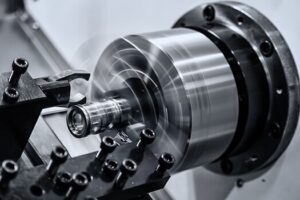
A lathe is a machine that shapes material by spinning the workpiece while a fixed cutting tool removes material. The main goal is to form smooth, even, and perfectly round shapes around a central axis. This process is ideal for creating parts such as shafts, tubes, and bushings with high precision.
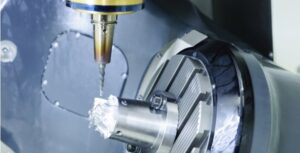
A digital approach changes that. With automation, innovative software, and real-time data, digital CNC machining streamlines complex production into a seamless, efficient process. It links every stage—from design to machining—so teams can eliminate delays, prevent mistakes, and enhance output.
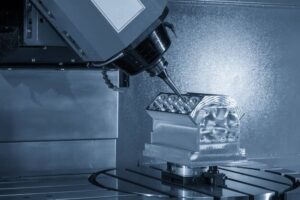
Machining complex parts is never an easy task. Engineers and manufacturers work with tight tolerances, intricate shapes, and demanding material requirements daily. Many projects fail
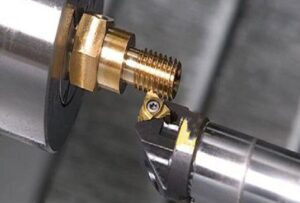
Designing threads might seem simple, but many CNC parts fail because the threads were not planned properly. A poorly designed thread can strip, misalign, or
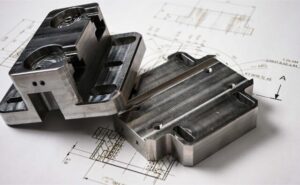
CNC machining is a fast, accurate, and flexible process. But even small design mistakes can cause big problems. Parts with intricate shapes, tight fits, or
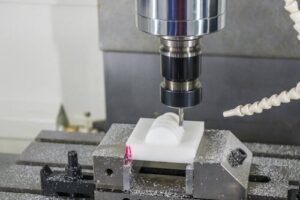
CNC machining is a great way to make precise parts, but costs can rise quickly if small details are overlooked. Many engineers and designers focus
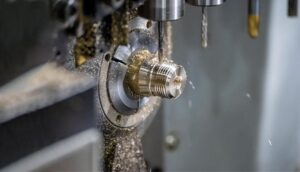
The best turning operation depends on your part’s shape, the surface finish you need, and the production volume. Rough turning removes a lot of material quickly. Finishing turning makes the surface smooth. Taper turning, contour turning, and threading create specific shapes. Boring and grooving handle internal and external cuts. Each type has a clear purpose.
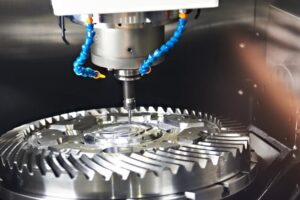
Milling operations describe how a machine cuts, shapes, and finishes materials. Each type has its own use and benefits. Common operations include face milling, peripheral milling, slotting, and using a mill for drilling. Some operations focus on surface finishing, while others remove material quickly or shape parts.
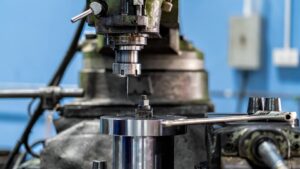
Manual milling is the process of shaping a workpiece with a milling machine operated by hand. The machine uses a rotating cutter to remove material and form flat surfaces, slots, holes, or more complex shapes. Unlike CNC milling, which follows computer programs, manual milling relies on the machinist’s skill and adjustments.
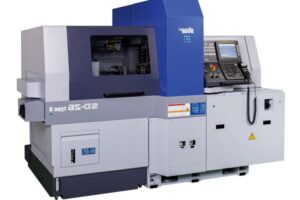
Lathes come in different types, each with a specific role. Engine lathes handle general cutting, while turret lathes improve speed for repeated parts. CNC lathes bring precision and automation. Specialized lathes, such as toolroom or vertical lathes, handle unique tasks. Each type serves different production needs and part sizes.
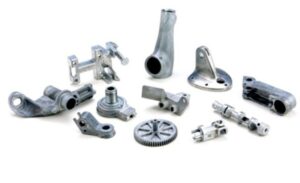
Zinc machining is the process of cutting, shaping, or finishing zinc materials into the necessary components. Engineers often use common operations like CNC milling, drilling, or turning to make precise parts. Zinc can come as sheets, castings, or billets, which are then machined for specific purposes.
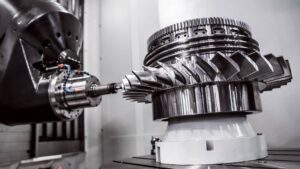
Angular milling is a method of machining in which the cutter removes material at an angle to its axis. The cutter is set to the desired angle and moves across the workpiece, allowing it to create angled surfaces such as chamfers, grooves, slots, and V-shaped cuts.
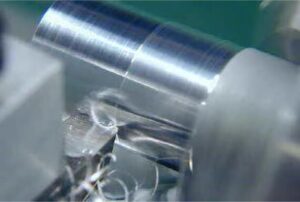
Straight turning is a cutting method used on a lathe. In this process, the workpiece spins around its axis while a fixed tool moves in a straight line along the same axis. The tool slowly cuts away material and reduces the diameter, forming a smooth and even cylinder across the length of the part. The focus is on keeping the surface straight and uniform, without any taper or curve.
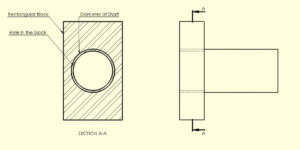
Fits are an essential part of mechanical assemblies. They describe how two parts connect and work together, most often a hole and a shaft. The fit decides whether the parts move freely, lock tightly, or stay somewhere in between.
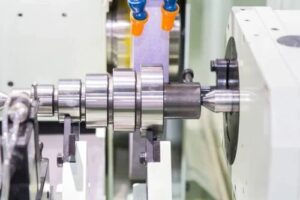
Offset machining is making small changes to the tool’s position in a CNC machine to improve how a part is made. These changes, or “offsets,” adjust the path or depth of the cutting tool during the machining process. They are applied through the machine’s control system, without changing the original G-code program.
We will contact you within 1 working day, please pay attention to the email with the suffix”@goodsheetmetal.com”